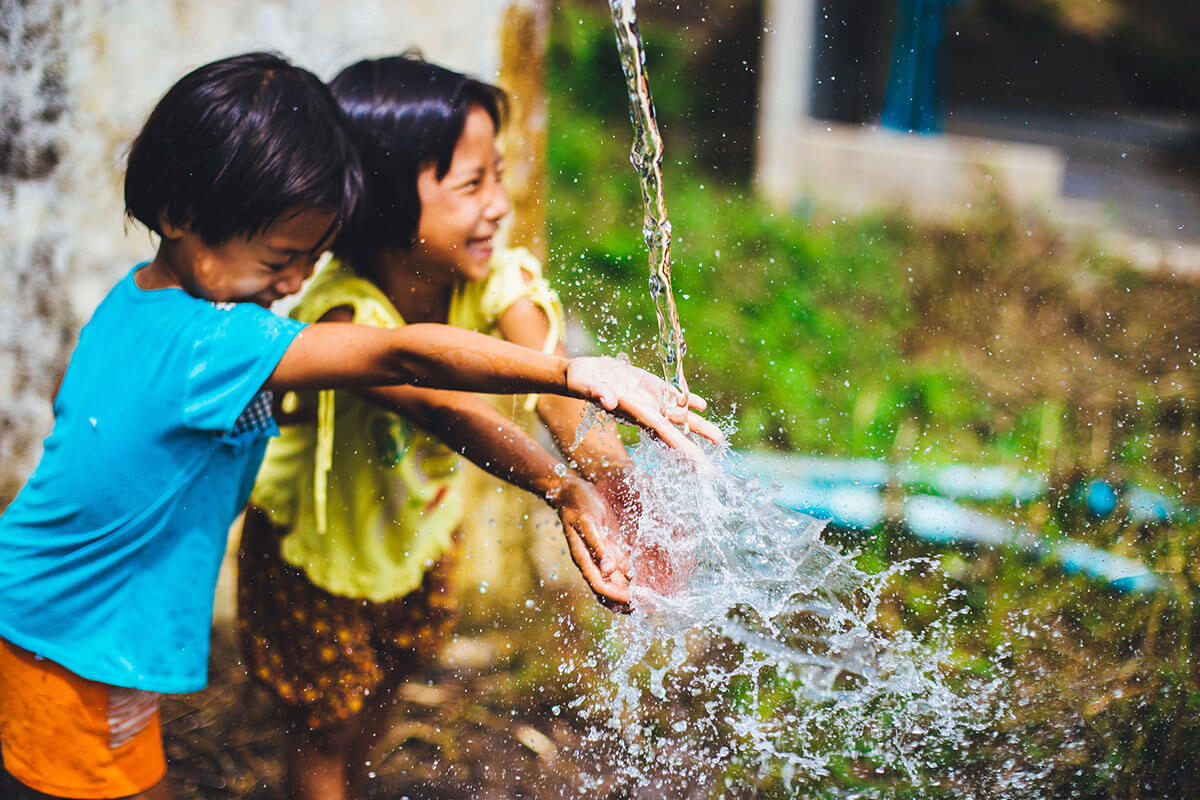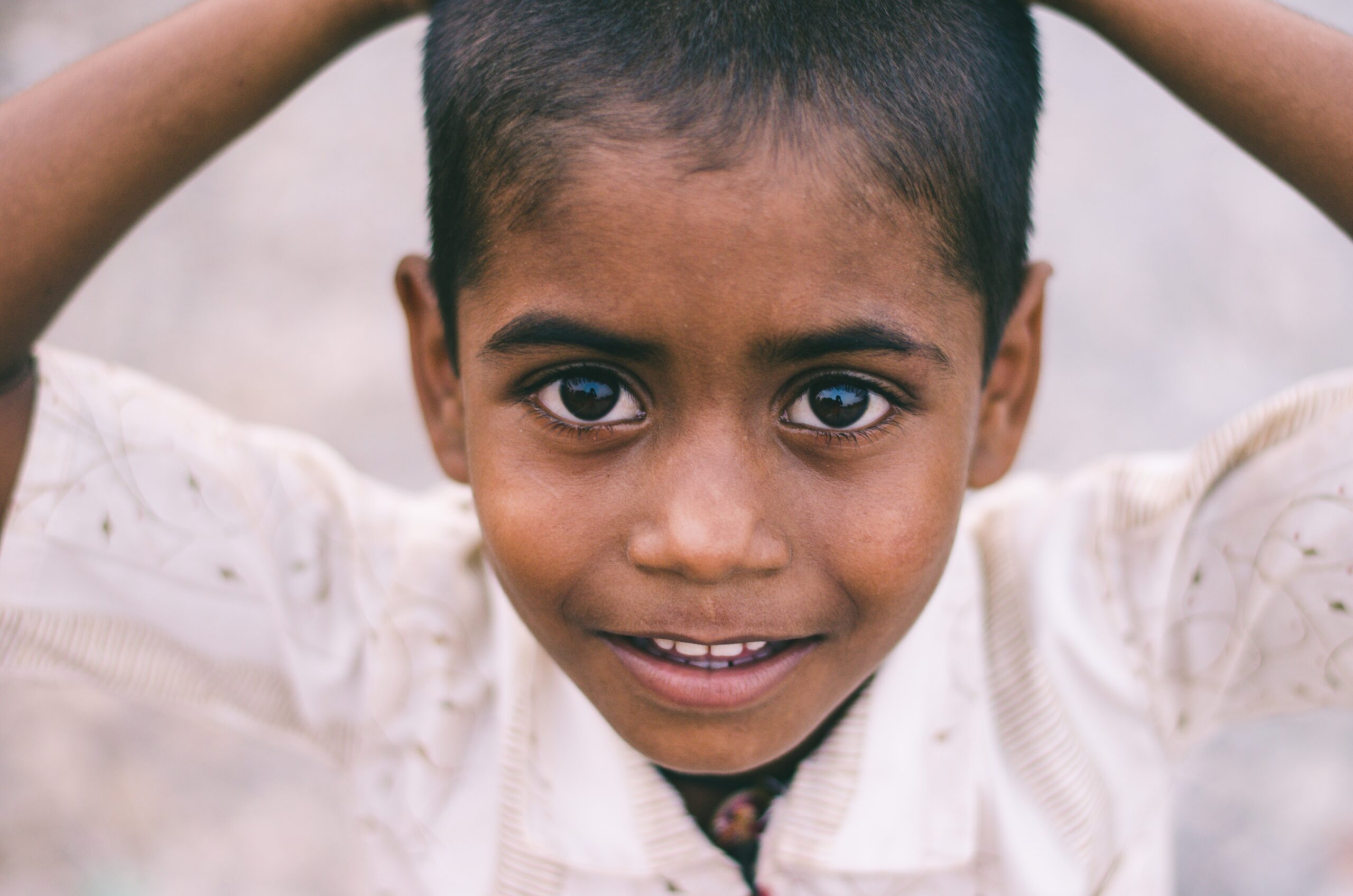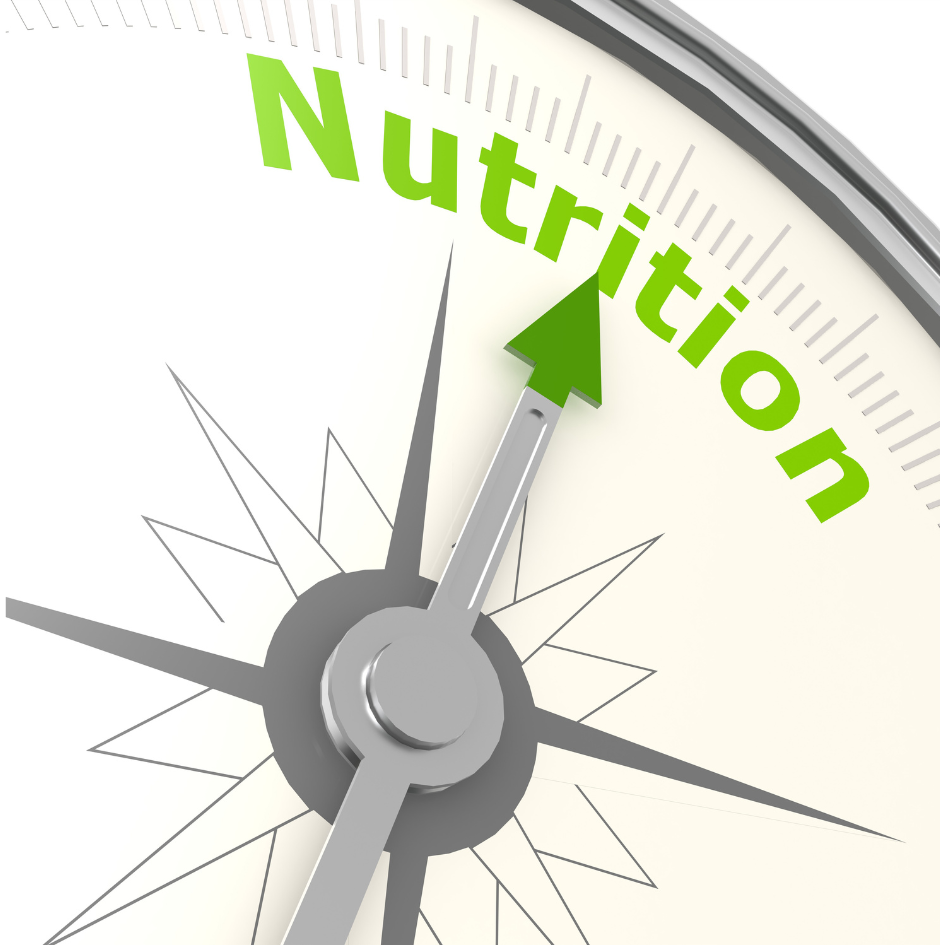WASH

The United Nations’ Sustainable Development Goals aim to provide universal access to water, sanitation, and hygiene (WASH) globally by 2030. However, over 844 million people worldwide still lack access to basic drinking water, while more than 2.3 billion people lack access to basic sanitation. Furthermore, millions of girls are forced to abandon their studies each year due to menstrual hygiene issues, and hygiene-related illnesses like diarrhea and pneumonia continue to be the leading cause of death for children under age five. Shockingly, more children die from WASH-related causes than from malaria, AIDS, and tuberculosis combined.

Although COVID-19 has highlighted the significance of hand hygiene in preventing the spread of disease, three billion people worldwide, including millions of school-going children, do not have access to handwashing facilities with soap. This issue affects people living in urban slums, disaster-prone areas, rural regions, and low-income countries the most, rendering them vulnerable to the dangers of poor WASH conditions. To address these global challenges and make progress toward achieving the UN’s Sustainable Development Goals related to WASH, various interventions and evaluations are necessary to ensure success in this critical area.

DevInsights’ professionals bring extensive expertise and knowledge to the critical domain of Water, Sanitation, and Hygiene (WASH). Notably, one of our founding members has authored a book titled, “Is It Really Clean? – Creating a WASH Index.” This book originated from the belief that existing data on Water, Sanitation, and Hygiene (WASH) needed simplification for more accessible interpretation and cross-study unit comparison.
We firmly advocate that access to clean water, sanitation, and proper hygiene education is a fundamental human right. This not only reduces morbidity and mortality but also plays a pivotal role in addressing poverty and fostering socioeconomic development. The detrimental impact of poor sanitation is especially evident in the context of diarrhea-related deaths, predominantly among children. Chronic diarrhea further jeopardizes the physical and cognitive development of young minds. Compounding these challenges, the lack of WASH facilities acts as a barrier to education, hindering students from attending school, leaving women vulnerable, and undermining overall productivity.
At DevInsights, our commitment is rooted in understanding the intricate connections between WASH, health, education, and socioeconomic well-being. Through our collective experience and dedication, we strive to contribute meaningfully to the realization of universal access to clean water, sanitation, and hygiene, aligning with the broader global efforts outlined in the UN Sustainable Development Goals. Below are the several projects we have undertaken under the theme of WASH.
Share Now
Our Projects
End Of Programme Evaluation Of The AKND Comprehensive Sanitation Initiative-Learnings, Lessons And Way Forward
Aga Khan Foundation started comprehensive sanitation initiative way back in 2014. The project was carried out across the five states of India (Uttar Pardesh, Bihar, and Madhya Pardesh & Gujarat).
Study On Quality, Safety And Sustainability Of Toilets In Rural India
This study is a continuation of a previous study that was conducted by Water Aid India in partnership with DevInsights in 2017, on toilet technologies which provided important insights on
Urban OSS Study- Documenting And Assessing On-Site Sanitation Systems In Smaller Cities And Data For M&E
Centre for Policy Research intended to implement the Scaling City Institutions for India: Sanitation (SCI FI: Sanitation), a project aimed to ascertain the reasons behind poor sanitation, while exploring the
Impact Evaluation Of TWM BCC Intervention
The Tata Water Mission (TWM) of Tata Trusts, initiated a Behavior Change Communication (BCC) intervention for behavioural change and generation of demand for relevant products & services around three key
Baseline Study Of Water Units In Karnataka
Jaldhara Foundation with support from Tata Trusts was setting up 200 water purification units, ensuring access to safe drinking water at an affordable price to the underserved communities of urban
Toilet Usage And Verification Study Of MPWASH Program
Water Aid India conducted a sample verification of the sanitation users of MPWASH program. The reports received from MPWASH, MPWASH MIS and MDWS physical progress report to be used for







